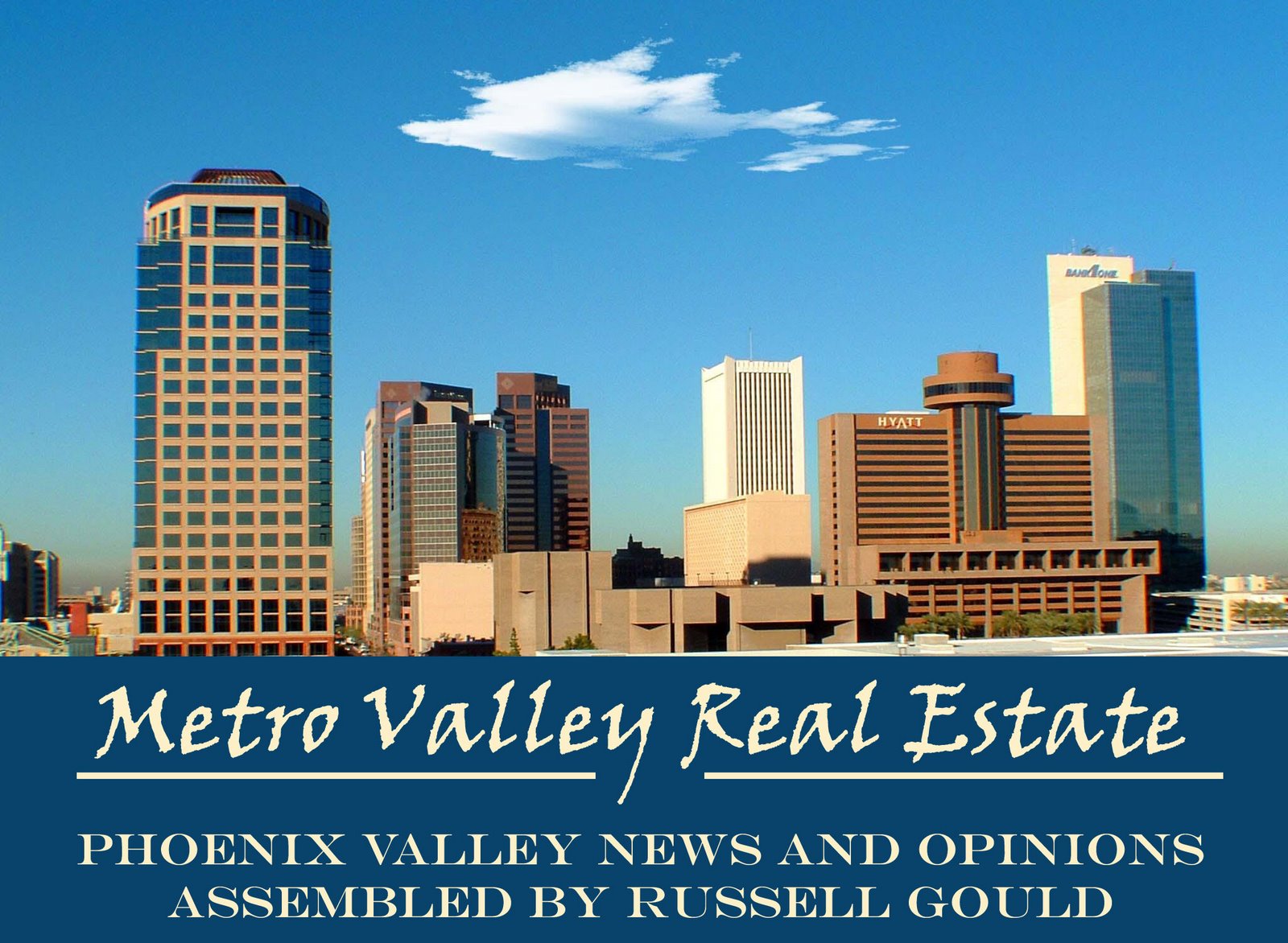by Aaron Golub - Aug. 22, 2008 12:00 AM
Special for The Republic
This article is one in a series of articles contributed by Arizona State University's Global Institute of Sustainability. The institute advances interdisciplinary research and education on environmental, economic and social sustainability.
The idea of sustainable transportation looms large as gas prices skyrocket and Valley residents must pay up or reduce their travel. Both choices have severe impacts on the economy and livability of our region.
Sustainable transportation is not just about the environment - it's about providing options, options that allow residents to adjust to changing conditions.
Arguably, the Valley of the Sun has forgone sustainable planning solutions for the "one-size-fits-all" model of more freeways, wider arterials, ubiquitous free parking, unwelcoming sidewalks, leapfrogging developments and segregated land uses. All these features have created more dependence on the automobile and fewer choices for our residents. But "free markets" only function when there are choices.
Planners have criticized this model since the 1950s, when freeway planning was moved from local bodies to state departments of transportation with often top-down approaches. Some cities rejected this paradigm, refusing new freeways and funding public transit instead. That means, for them, high gas prices do not translate into mass extortion. Public transit is improving, mind you - especially in Tempe, Mesa and Phoenix - but how do we solve this problem regionally?
To begin, we must ask ourselves tough questions, such as: why continue with our freeway construction programs? Sure, to stop such programs would devalue outlying areas and increase congestion, but even with more freeways, drivers will suffer from high gas prices.
And there are other problems. Maricopa County already has among the dirtiest air in the country, and Arizona is the fifth-worst state in the nation for traffic fatalities.
Most planners agree that new exurban developments consume added freeway capacity even before the freeway opens and adding road capacity to solve congestion is unsustainable. It is like loosening one's belt to solve a weight problem; eventually you run out of belt and you still have the weight. Again: Why not stop now?
Let us concentrate development on urban infill sites and near light rail, express bus and other transit and job centers. We could enact a comprehensive affordable housing policy so families do not have to "drive till they qualify." The hundreds of commercial centers in the region could accommodate housing.
At just moderate densities, the region could continue to grow without expanding horizontally. With more local and express buses, light-rail and bus rapid-transit extensions, and bike lanes and canal paths, we could steer the system in a more sustainable direction. Some outlying areas may be devalued, but that process is happening anyway because of gas prices.
We also need to question our planning policies and public-policy status quo and address the balance between the state DOT and regional and local planning bodies.
Instead of introducing new sales taxes, we should consider raising the gas tax and allowing it to fund public transit. We could rely more on property taxes and impact fees to fund transportation, since much of the value from transportation investments accrues to property.
We should reconsider regional tax policies so cities are not competing for often inefficient development.
We also need to question our air-quality management plans claiming we can nearly double regional automobile travel and still meet standards we already have trouble meeting today.
Our past planning efforts have put us into a deep hole - so why keep digging? At a significant but not (yet) insurmountable cost, we can shift our course in our region and provide more diverse and sustainable living and travel options for a more sustainable future.

No comments:
Post a Comment